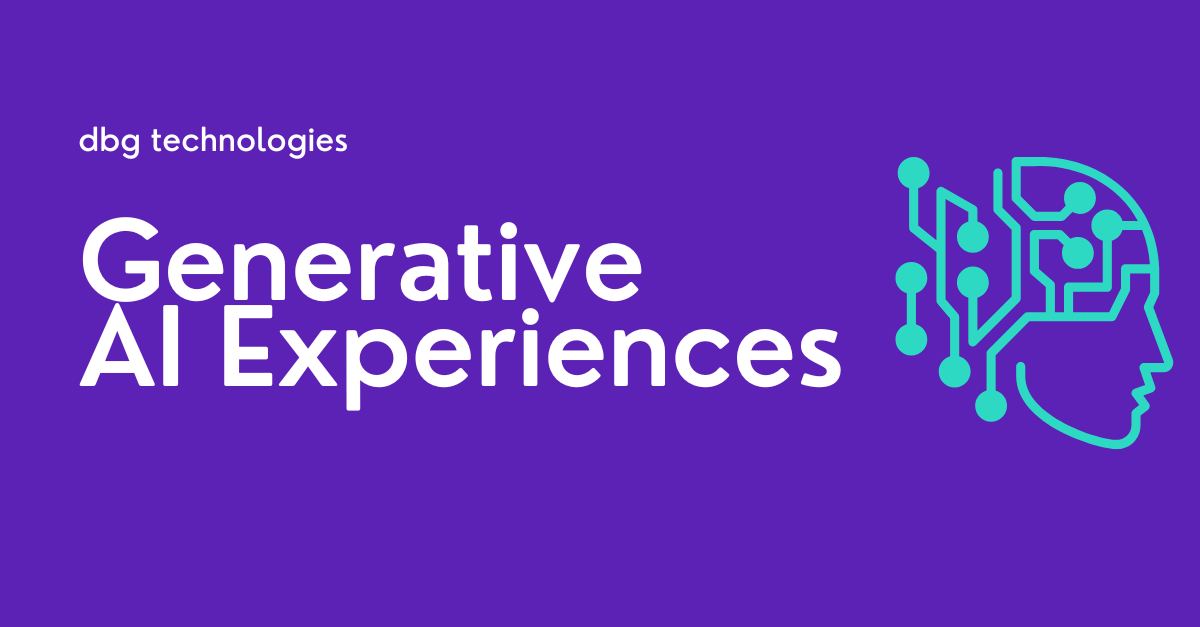 Amid a wave of mind-blowing advancements in AI technology, can humans harness the technology and embrace the role AI chatbots will have as a fundamental piece of this decade’s technological infrastructure?
Amid a wave of mind-blowing advancements in AI technology, can humans harness the technology and embrace the role AI chatbots will have as a fundamental piece of this decade’s technological infrastructure?
AI chatbots using large language models (LLM), process vast amounts of information to predict writing patterns and human speech tailored to the user’s needs, intentions, and context.
Already, AI is upending certain fields, particularly after the release of ChatGPT, is a powerful tool that has the potential to revolutionize the way we do work, communicate, process information and live, and concerns that ChatGPT may replace jobs that are repetitive, routine, and predictable in nature and it may impact jobs that require human intelligence and a high level of education – writing, journalism, translation, education, law, computer coding/engineering, and research.
There are reports of people using AI’s for therapy and advice, due to it’s zero cost, 24/7 availability and judgement free, neutral responses.
Google also recently released new generative AI experiences, a first set of AI powered writing features, to trusted testers on a rolling basis throughout this year, before releasing them publicly. These AI features will enable users to draft, reply, summarize, and prioritize your Gmail, brainstorm, proofread, write, and rewrite in Docs, auto-generate images, audio, and video in Slides, go from raw data to insights and analysis via auto completion, formula generation, and contextual categorization in Sheets and more.
Google cautiously comments, “As we’ve experimented with generative AI ourselves, one thing is clear: AI is no replacement for the ingenuity, creativity, and smarts of real people. Sometimes the AI gets things wrong, sometimes it delights you with something offbeat, and oftentimes it requires guidance. With all this in mind, we’re designing our products in accordance with Google’s AI Principles that keep the user in control, letting AI make suggestions that you’re able to accept, edit, and change. We’ll also deliver the corresponding administrative controls so that IT is able to set the right policies for their organization”.
Governments are considering the governance of AI technologies carefully, and do have an Ethical AI Good Governance Guide as a start…
